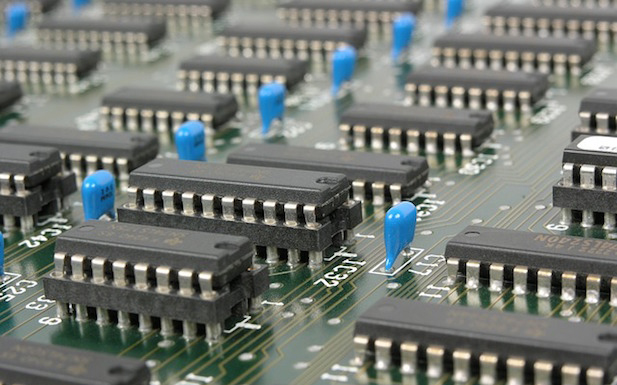Ericsson is working with Italian university Scuola Superiore Sant’Anna to build network components and optical transport technologies for 5G systems.
The collaboration with the university’s Institute for Communication Technologies, Information and Perception (TeCIP) will focus largely on RAN-based mobile fronthaul and backhaul solutions, as well as “ultra-high speed” data centre interconnectivity.
With the help of TeCIP researchers, Ericsson said it will also develop photonic components, modules and subsystems able to support the “complex and varied range of communication services” expected in the advent of 5G.
Such technologies are required to make 5G communications efficient and cost-effective, the vendor claimed.
“As mobile broadband penetration and speeds increase, so must the need for high-speed transport links to radio sites. As a result, fibre infrastructure is becoming more prevalent in the Radio Access Network (RAN),” Ericsson said in a statement.
“Integrated photonic technologies are changing the optical communication industry’s future with the promise of reductions in costs, power consumption, and footprint. 5G transport and networking for the Networked Society is the driver for such optical investment.”
Giancarlo Prati, Director of the TeCIP Institute, added: “We have entered an exciting new stage of cooperation with Ericsson, where integrated photonics will join electronics technologies for innovative solutions in the mobile platform of the future.”
The latest collaboration adds to a hotbed of 5G-related activity seen in Europe recently.
This week, Huawei and Proximus signed a Memorandum of Understanding that will see the companies bringing next-generation connectivity to two universities in Belgium.
Earlier this month, Bell Labs joined the Technical University of Dresden’s 5G research project, while Nokia announced work with Germany’s University of Kaiserslautern to explore new network requirements for 5G.
In May, the European Commission signed a landmark agreement with Japan to develop global standards for 5G, which also saw €12 million set aside for 5G-related projects.


